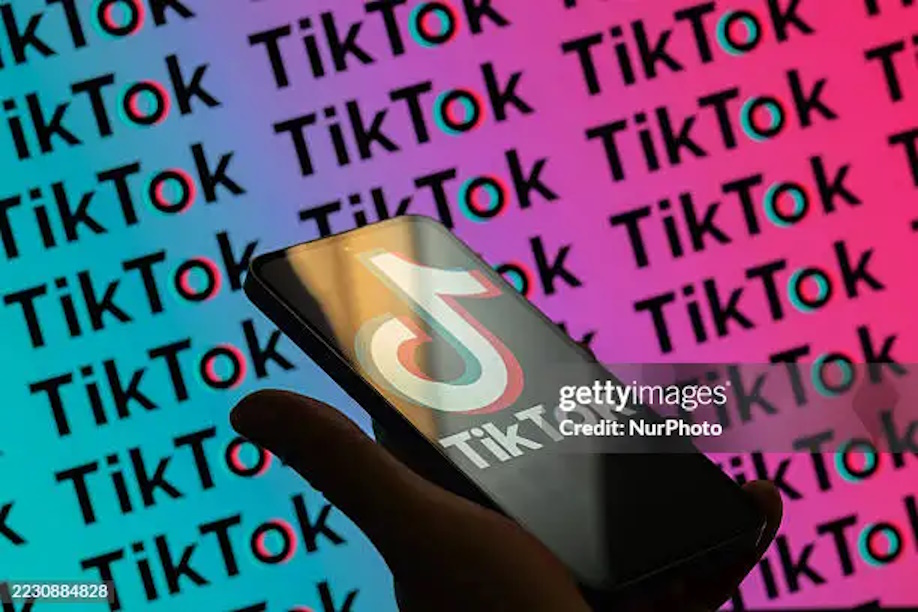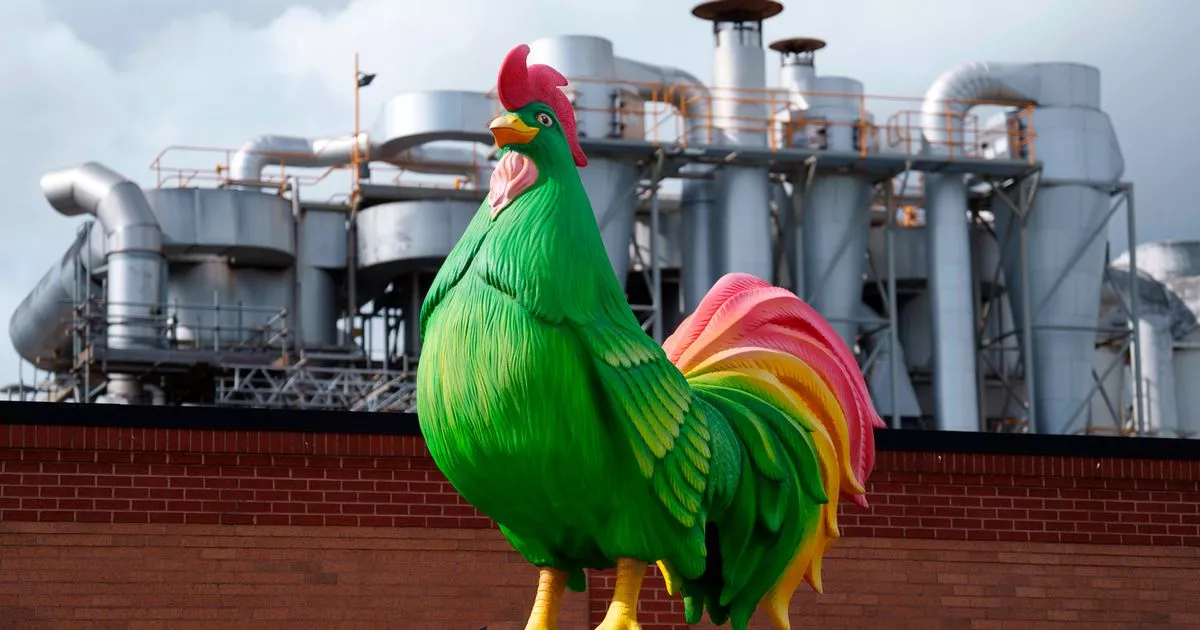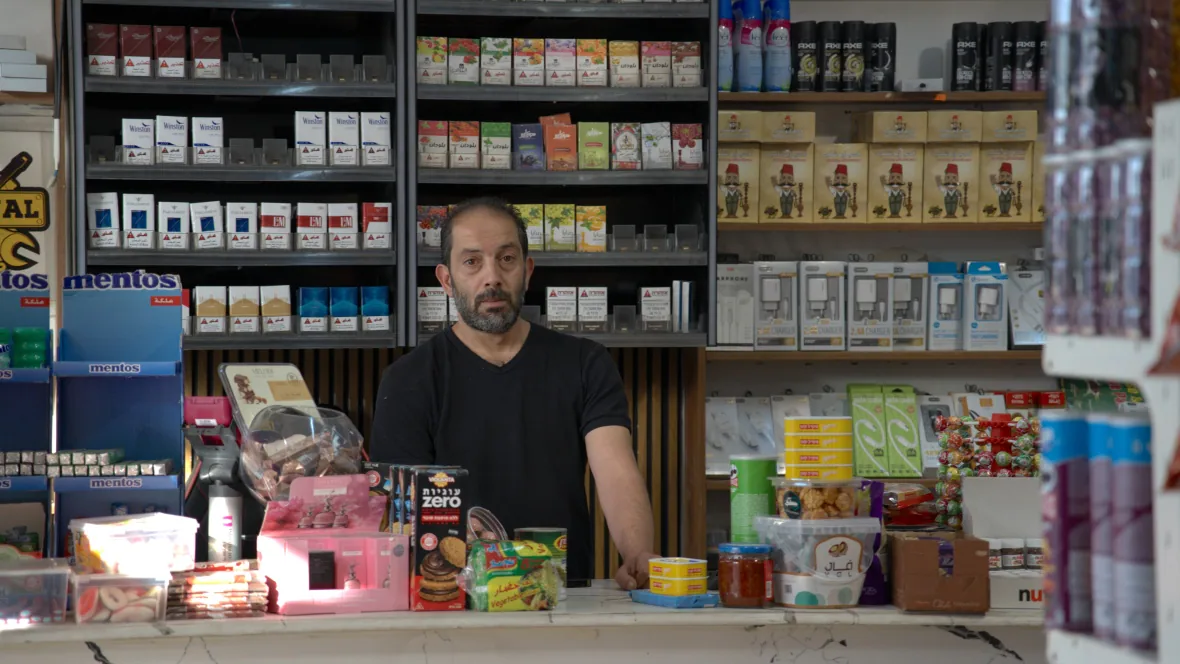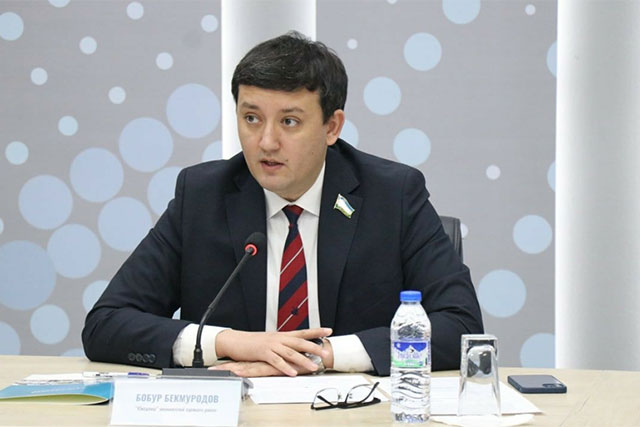By admin
Copyright dawatmedia24

WASHINGTON — President Donald Trump on Thursday signed an executive order formally declaring that the long-debated sale of TikTok’s U.S. operations is moving forward, describing the deal as compliant with national security requirements set forth in a 2024 law.
The order lays out a framework under which a new U.S.-based company, formed through a joint venture with American and global investors, will take over TikTok’s domestic operations. Vice President JD Vance said the venture is currently valued at around $14 billion—a figure that came in well below many Wall Street estimates.
The law in question requires TikTok to either divest from its Chinese parent company, ByteDance, or face a nationwide ban. Enforcement of the ban has now been delayed until January 20, 2025, giving negotiators time to finalize ownership details, secure approvals, and manage the sensitive transfer of technology.
Data Privacy and Algorithm Control
The centerpiece of the agreement remains the status of TikTok’s recommendation algorithm—the proprietary technology widely credited with the app’s viral success. Trump’s order specifies that the algorithm will be retrained and monitored under U.S. oversight, with operations falling under the control of the new entity’s security partners.
“There was some resistance on the Chinese side,” Vice President Vance acknowledged at an Oval Office briefing. “But the fundamental thing we wanted was to keep TikTok operating while ensuring the data of American users is fully protected.”
Alan Rozenshtein, a professor at the University of Minnesota Law School, noted that the order leaves open critical questions. “The president has certified the deal, but he hasn’t clarified whether ByteDance will retain meaningful control over the algorithm,” he said.
Mixed Signals from Beijing
Trump said he had spoken directly with Chinese President Xi Jinping and received verbal approval. “I told him what we were doing, and he said go ahead with it,” Trump claimed.
However, Chinese media offered a different account. Outlets including LatePost and Caixin reported that ByteDance will continue to play a substantial role, particularly in areas such as e-commerce integration, branding, and global interconnection. They suggested ByteDance may still benefit financially from U.S. operations through revenue-sharing agreements.
The Chinese embassy in Washington declined to comment, and TikTok itself has not yet responded publicly.
Investors and Structure of the Deal
According to U.S. officials, the emerging structure will see:
Oracle, Silver Lake, and Abu Dhabi–based MGX take a combined stake of roughly 45–50%.
Existing ByteDance investors—including Susquehanna International Group, General Atlantic, and KKR—retain around 30%.
ByteDance itself hold less than 20%, meeting the threshold required by the 2024 law.
Trump also confirmed that a number of high-profile business figures are expected to join the venture, including Michael Dell, founder of Dell Technologies, and Rupert Murdoch, chairman emeritus of Fox Corp and News Corp. “We’ll have four or five world-class investors at the table,” Trump said.
The company’s board will consist of seven directors, six of them American. ByteDance will appoint just one member.
Valuation Dispute
The White House has not detailed how it arrived at the $14 billion valuation, which is dramatically lower than ByteDance’s private market valuation of more than $330 billion, according to its employee share buyback program.
Analyst Dan Ives of Wedbush Securities recently estimated that TikTok’s U.S. operations could be worth between $30 billion and $40 billion—and that was without the algorithm.
“This valuation raises questions,” Ives said. “It suggests either a heavily discounted sale, or a political rather than market-based number.”
Political Reactions
Republican lawmakers welcomed Trump’s executive order but stressed the need for greater transparency. “As the details are finalized, we must ensure this deal represents a clean break from China and protects Americans from surveillance or manipulation by CCP-aligned groups,” said Representatives Brett Guthrie, Gus Bilirakis, and Richard Hudson in a joint statement.
Democrats, meanwhile, expressed concern about political interference in what amounts to a forced sale. Some lawmakers questioned whether the White House’s involvement, particularly Trump’s public claims that TikTok helped his reelection campaign, blurred lines between governance and political gain.
TikTok’s U.S. Political Role
Trump himself acknowledged TikTok’s role in domestic politics. The app, which boasts 170 million U.S. users, has become a major political communication platform. Trump maintains 15 million followers on his personal account, while the White House launched an official TikTok presence just last month.
“This is going to be American-operated all the way,” Trump said Thursday.
What Comes Next
The agreement still requires final sign-off from both Washington and Beijing, and the question of who ultimately controls TikTok’s algorithm remains unsettled. Until those issues are resolved, uncertainty will continue to hang over the app’s future in the United States.
For now, Trump’s executive order signals momentum toward a resolution after years of political wrangling over TikTok’s ownership—and marks one of the most consequential attempts yet to disentangle a global tech platform from Chinese control.
Support Dawat Media Center
If there were ever a time to join us, it is now. Every contribution, however big or small, powers our journalism and sustains our future. Support the Dawat Media Center from as little as $/€10 – it only takes a minute. If you can, please consider supporting us with a regular amount each month. Thank you
DNB Bank AC # 0530 2294668
Account for international payments: NO15 0530 2294 668
Vipps: #557320
Donate Here



